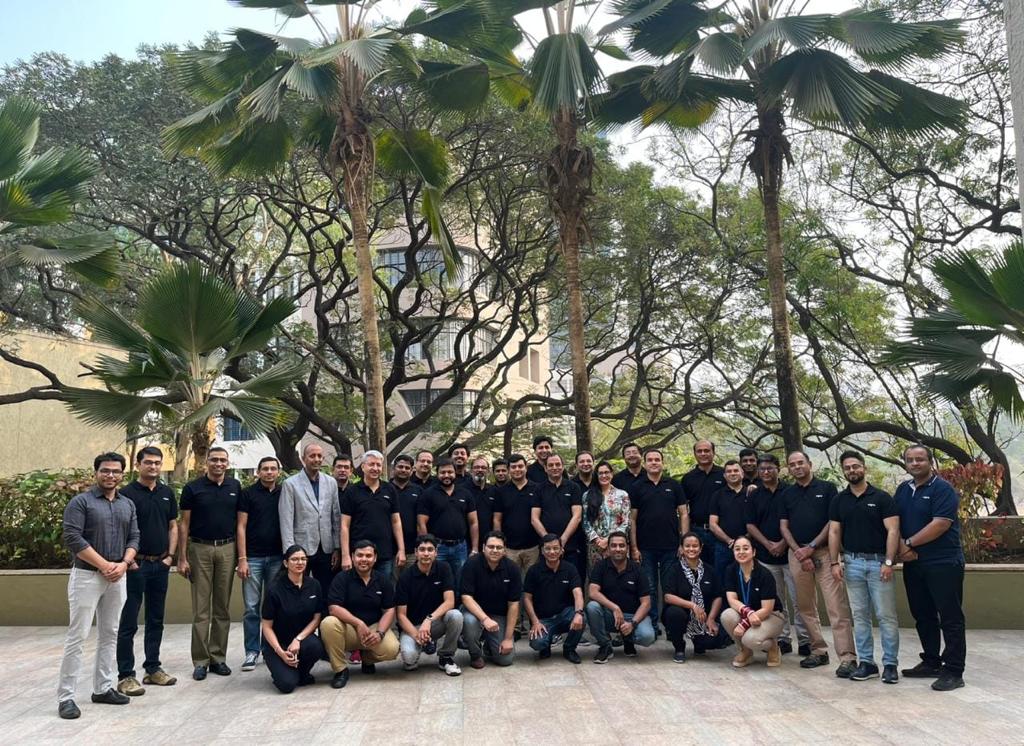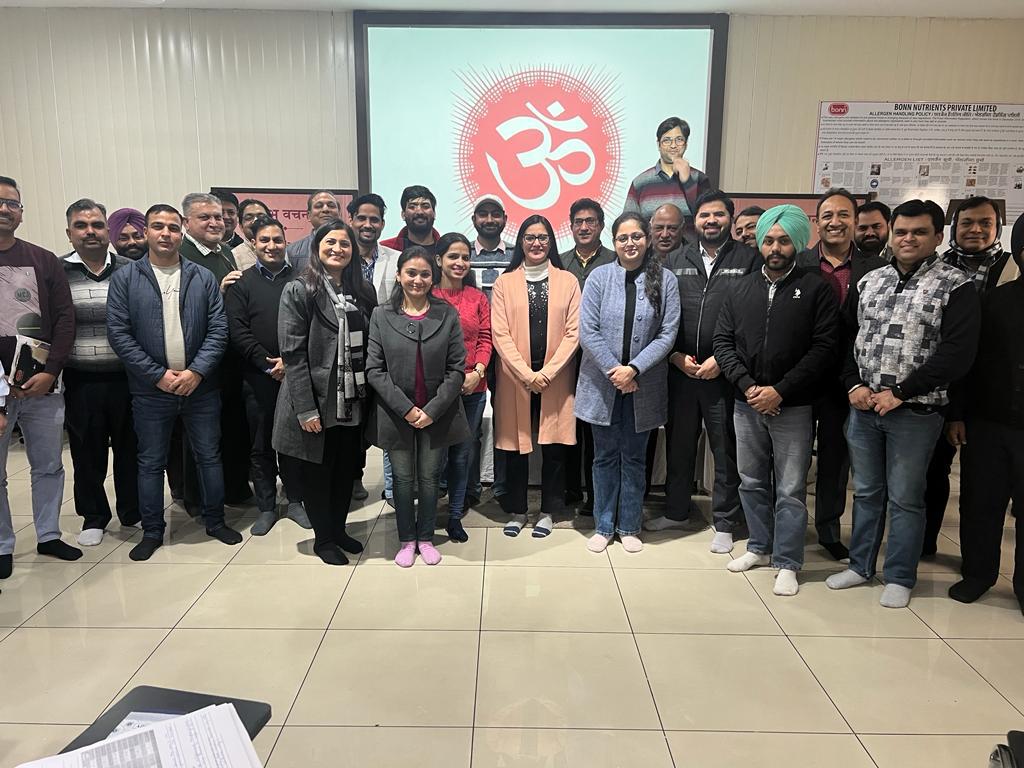1. Conscious breathing
There’s no need to wait until stress rises to use breathing methods for well-being. You experience balance and harmony when your breaths are of equal length and depth. As #inhaling and exhaling uniformly are the natural response to inner peace, your #brain thinks you are relaxed even when you breathe this way intentionally. Take deep, even breaths throughout the day to preserve well-being.
2. Shift your awareness within
Apart from when you face distinct bodily reactions, like your stomach rumbling to signal hunger, you might not be aware of your physical feelings. Not paying attention means your body accrues tightness, resulting in aches and pains – recognize them promptly, though, and you can release them before they amass.
Apply mindfulness to your body, noticing sensations, and you will soon calm down. You might focus on your skin at first. Next, move your attention inwards, recognizing discomfort, and then focusing on comfort in your #body.
3. Focus on spaces
When you focus on spaces, your consciousness moves away from worries quickly. You don’t usually concentrate on the areas of apparent nothingness between objects. However, your mind will readily accept the process. You can think about the expanse between where you sit or lie and the ceiling, doors, walls, and windows, gradually moving your awareness closer to your body. Consider the space between your fingers and toes, your arms to your feet, and between your teeth.
Then, think about the areas inside your nostrils and throat. Continue to explore lots of physical spaces using your imagination for stress relief.
4. Be in the present moment
Occasionally, you might feel #stressed, and need to calm down, but have jobs to complete. As long as you aren’t using machinery, such as driving a car, you can apply mindfulness to tasks. For instance, if you weed the garden, focus on the feeling of each plant’s stem between your fingers and the sensation of pulling it from the ground. Similarly, if you are in a business meeting, concentrate on listening well.
When you speak, focus on choosing succinct sentences, bringing clarity and understanding to what you say. Your nervousness will disappear because your mind is engrossed in what you’re doing.
Mindfulness techniques work in most situations. When you are anxious, pay attention consciously; let unwanted thoughts fade like people walking into the distance. Keep shifting your awareness back to the topic at hand when your #mind wanders, and you will relax.











